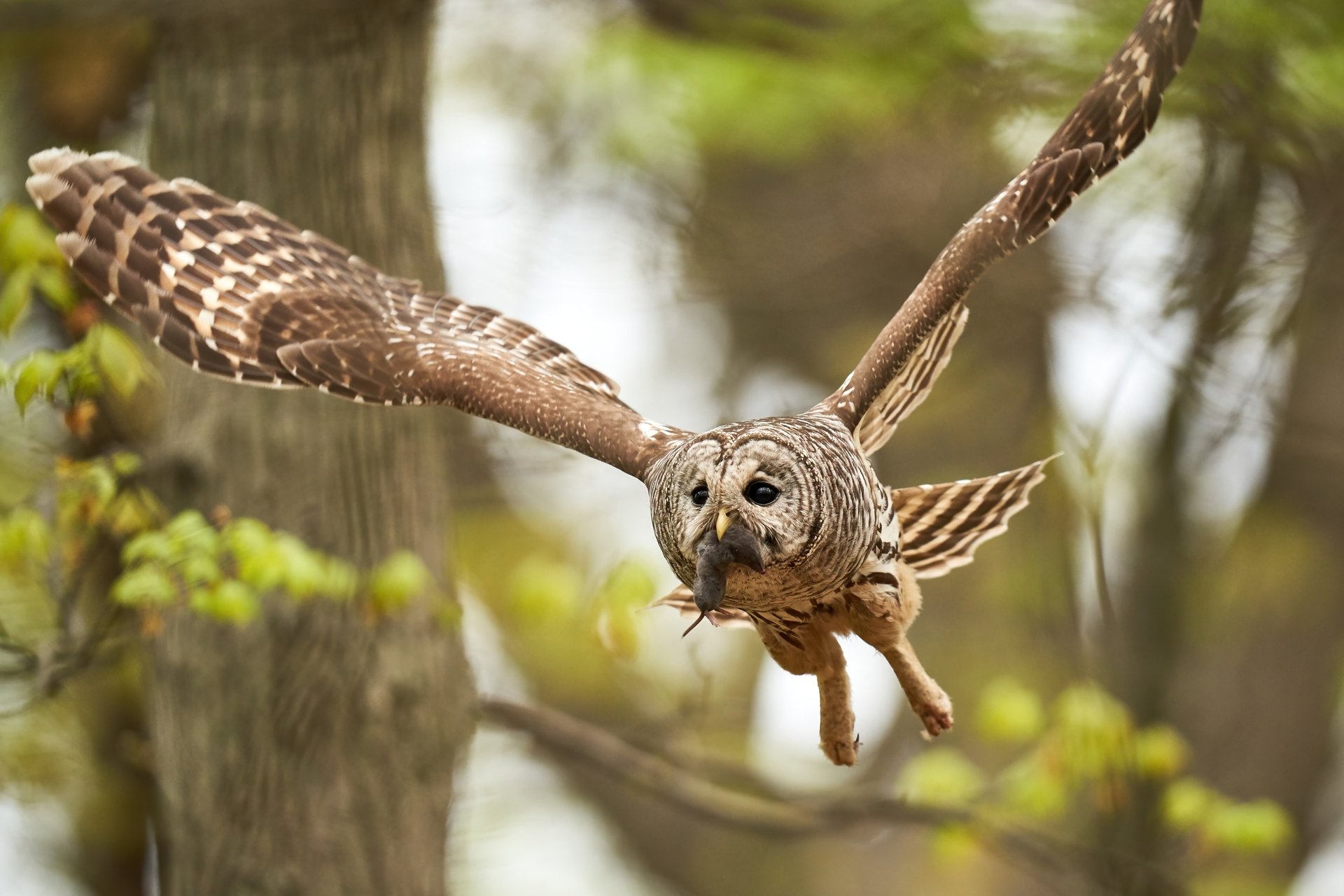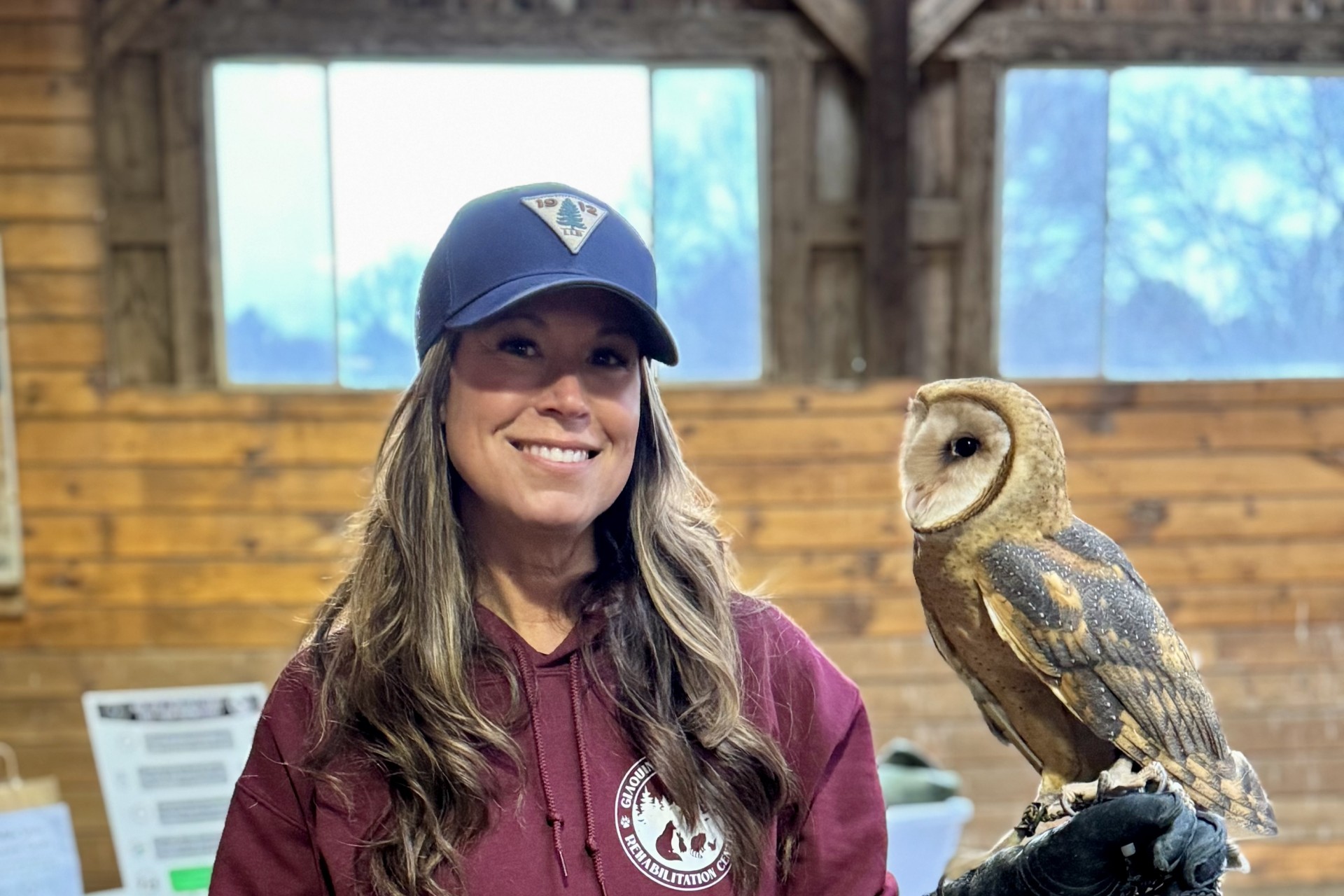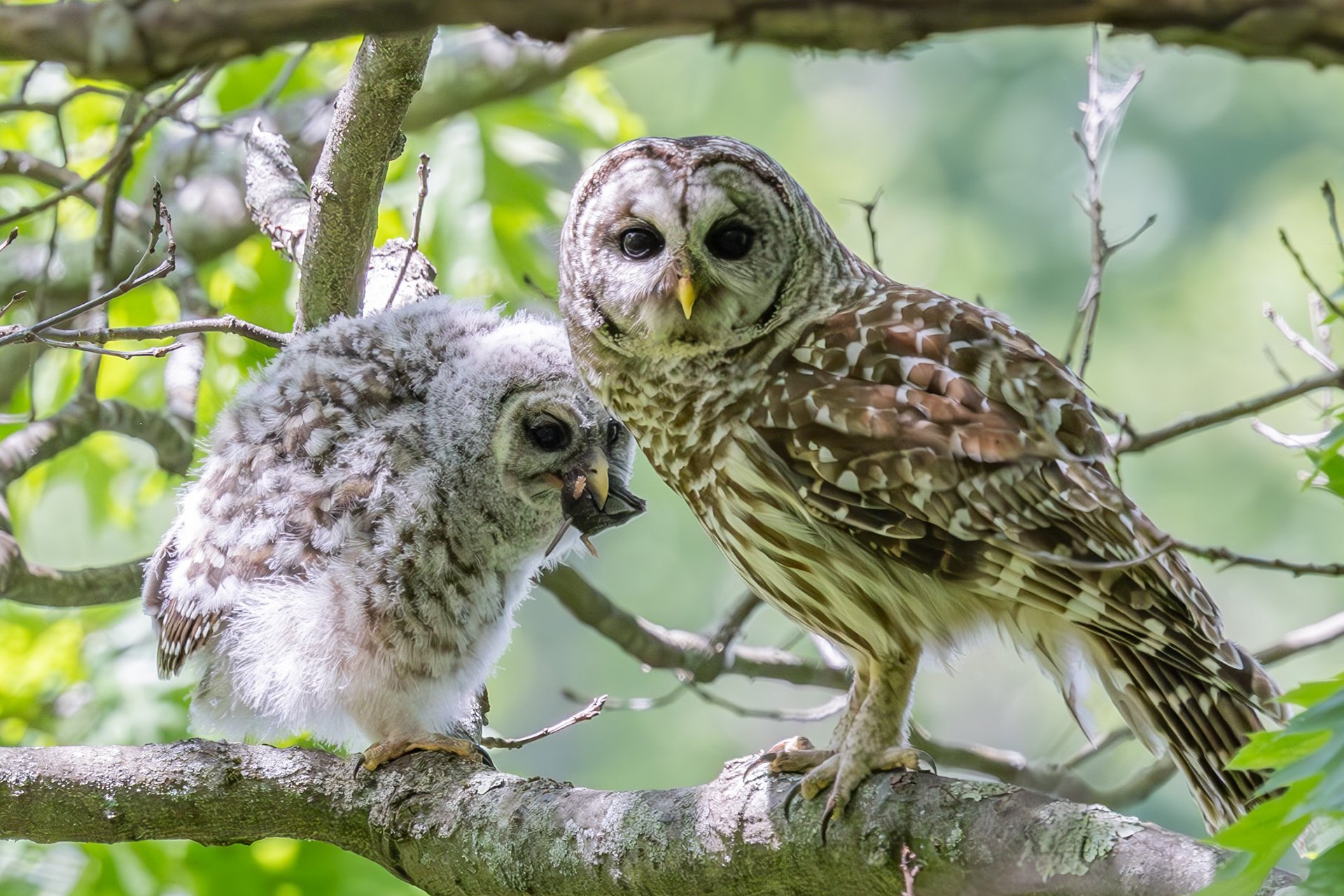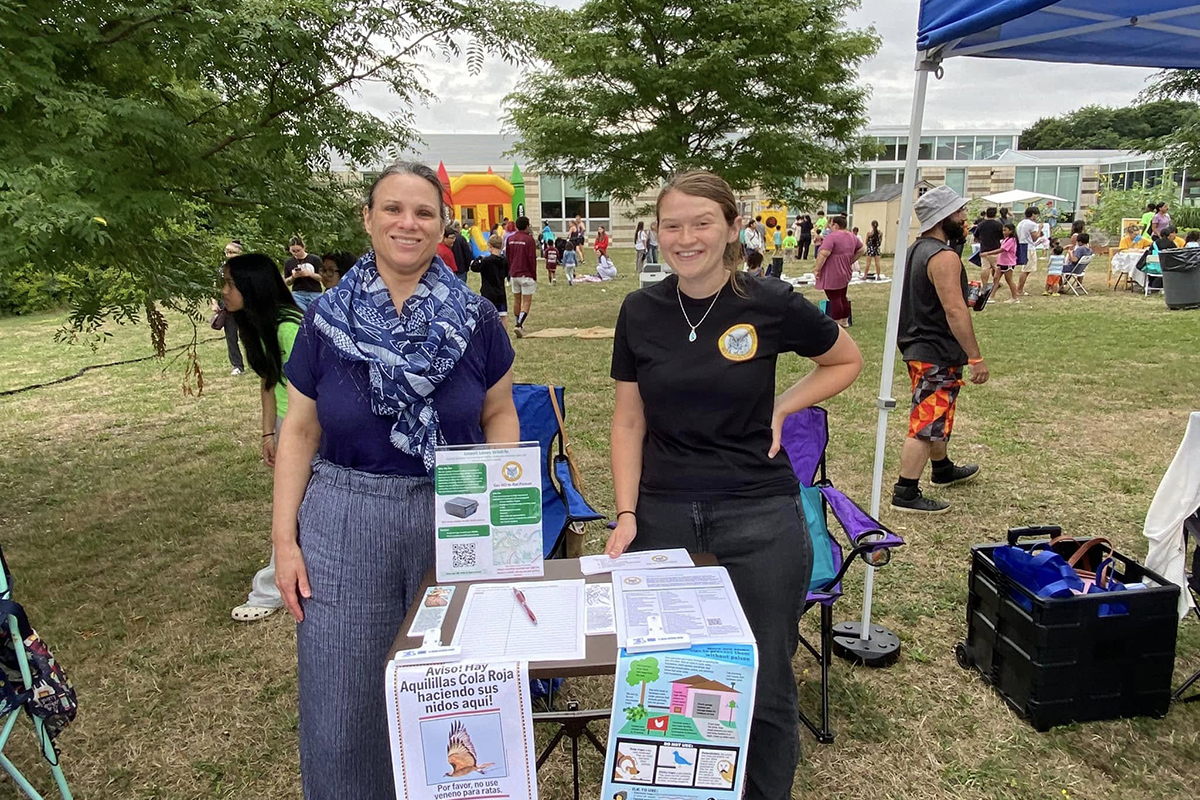Advocate
A Campaign to Rescue Raptors
Raptors, foxes, coyotes, and other predators keep Massachusetts’ ecosystems in balance. But in recent years, shocking numbers of these iconic creatures have been sickened or killed after preying on rodents poisoned with second-generation anti-coagulant rodenticides (SGARs).
Mass Audubon’s Rescue Raptors initiative supports local campaigns in communities across Massachusetts to reduce the use of these poisons. To succeed, we’ll need the help of landowners, pest control professionals, and volunteer wildlife advocates in every community in our state.
Why Raptors Need Our Help
Second Generation Anti-Coagulant Rodenticides (SGARs) are a class of poisons that prevent blood from clotting, causing internal bleeding, organ failure, paralysis, and often death.
While the federal government banned the retail sale of SGARs in 2015 due to the dangers posed to children, pets, and wildlife, they remain legal—and widely used—by licensed pest control professionals in Massachusetts.
How SGARs Poison our Wildlife and Communities
Although pest control professionals use SGARS to target mice and rats, these deadly poisons move throughout the food chain, with destructive consequences to the entire ecosystem.
SGARs work slowly, so after ingesting bait, a rodent may live for several days, during which time it becomes more vulnerable to predators and scavengers. When a predator eats a poisoned rodent, SGARs pass into its own organs in a process known as “secondary poisoning.” Just like a rodent that has ingested SGARs, a predator that consumes enough poisoned rodents will develop serious internal bleeding, leading to serious illness or death.
In recent years, researchers have documented an alarming number of predators sickened and killed by SGARS. Veterinarians at the New England Wildlife Centers report treating hundreds of poisoned raptors, foxes, and coyotes each year.
A recent study found that 100% of Red-tailed Hawks tested at a wildlife clinic in Massachusetts had SGARs in their organs. And a national study of 303 dead Bald Eagles found that 82% of the sampled birds had been exposed to rodenticides. Many of these birds died from other causes like collisions with vehicles, but exposure to rodenticides reduces an animal’s health and alertness, making it less able to hunt and more susceptible to hazards.
There’s no way to precisely track how many predators have been killed by SGARs in the wild. But the anecdotal evidence we have suggests that we are systematically weakening species at multiple levels of the food chain.
A Cautionary Tale
The story of MK, a beloved bald eagle living in Arlington who succumbed to SGAR poisoning in 2023, has been told and re-told. When MK and her partner nested in Arlington in 2021, they were the first Bald Eagles to nest in the town in over 50 years.
But just two years later, after eating multiple rodents poisoned with SGARs, MK passed away. Since 2021, at least three other bald eagles in Massachusetts have died from SGAR poisoning.
Watch & Share the Campaign to Rescue Raptors Video
Become an Advocate
Join our grassroots advocacy program, Climate and Nature Champions, and we'll give you all the training and resources you need to launch a local campaign to curb rodent poison use in your community.
Resources
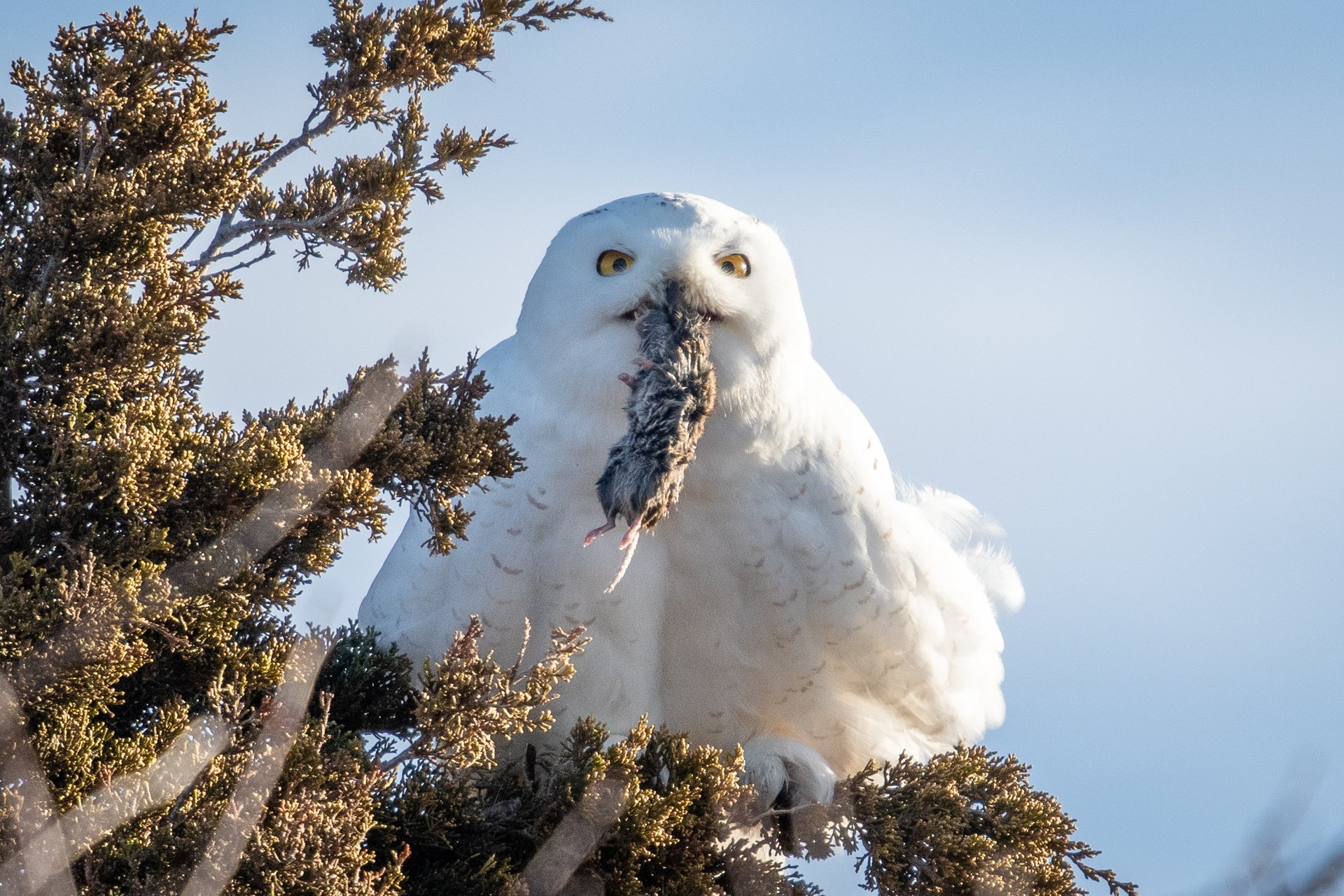
Rescue Raptors Toolkit
Find all the tools and information you need to launch a campaign to rescue raptors from rat poison in your town or city.
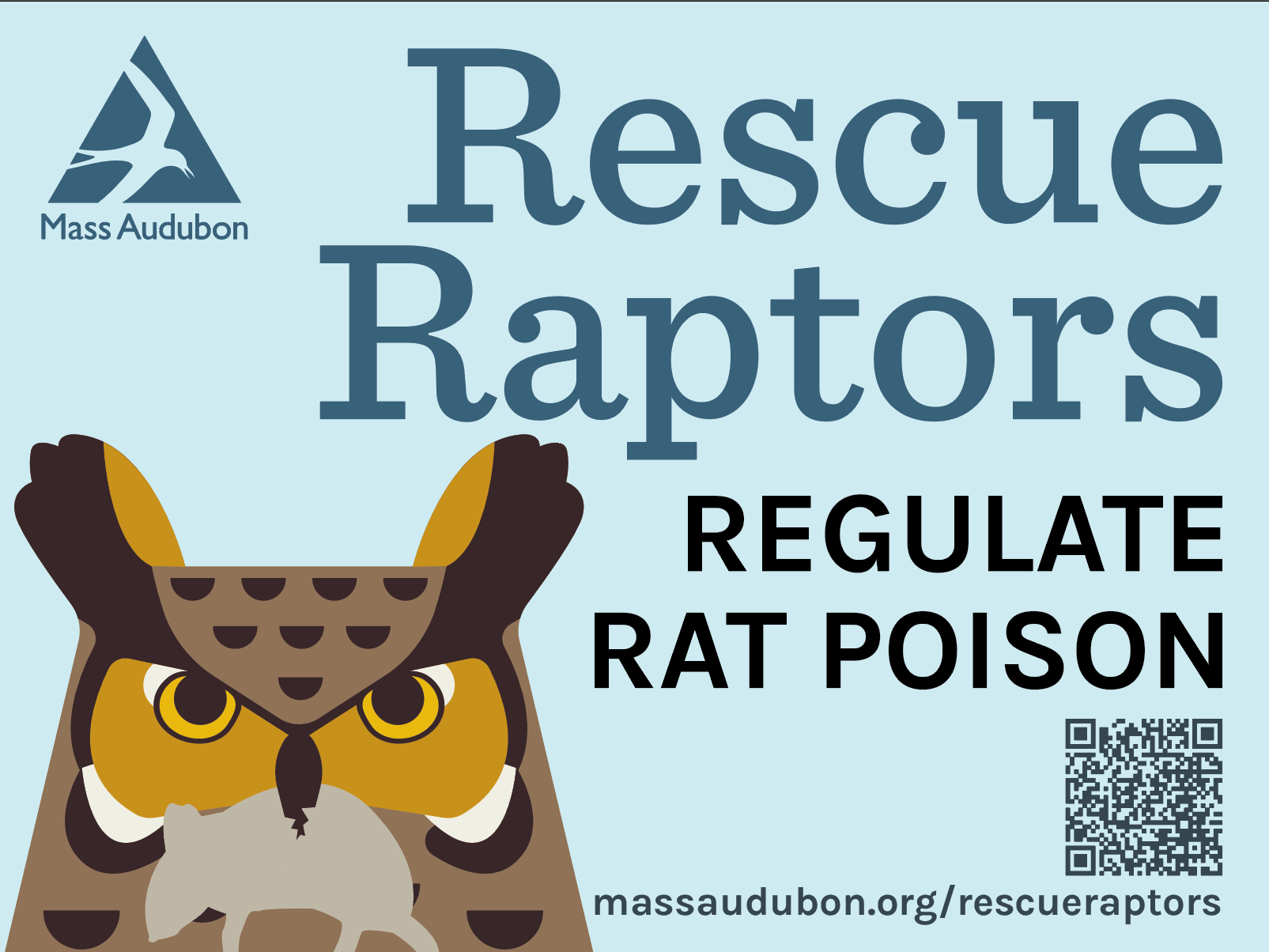
Promotional Materials
Download and print out materials to inform your neighbors about the dangers of rat poison!
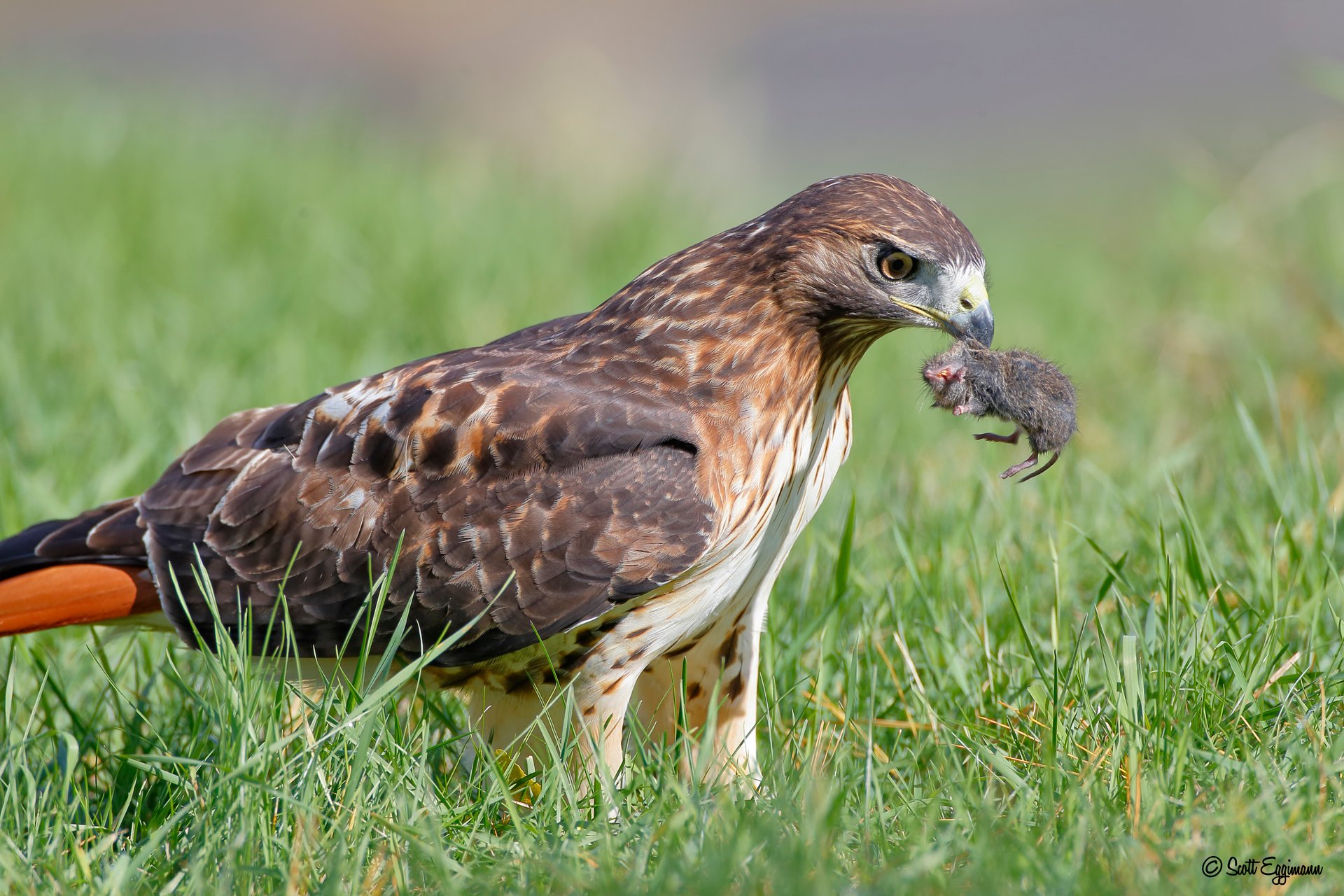
Poison-Free Pest Control Guide
Learn how to spot SGARs in your community and how to control pests without poison.
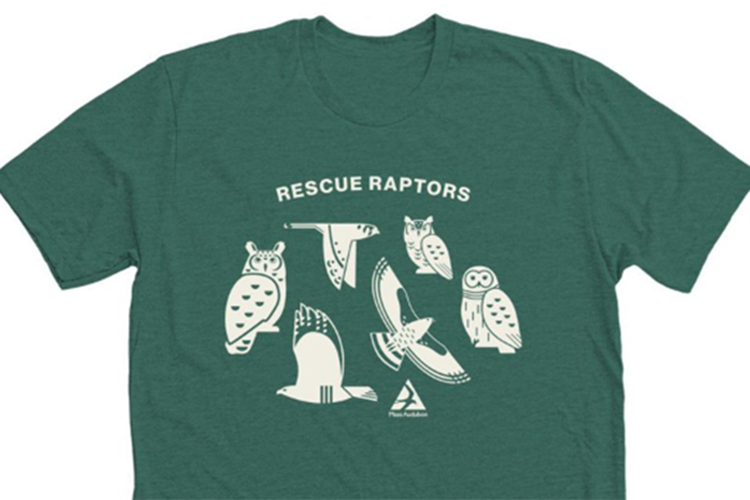
Rescue Raptor Shirt
Tell the world that you're a Rescue Raptor advocate and why it's so important to protect wildlife from deadly rodenticides.
Latest Rescue Raptors News
See all newsIn Your Words: Alyssa Giaquinto
Keep ReadingRescue Raptor Win: Lowell City Council Puts a Stop to Rodenticide Use on City Property
Keep ReadingJoin the Coalition
Spread the word about the dangers of SGARs by launching or joining a campaign in your community. We can help you recruit, equip you with promotional materials, and provide guidance. You can find a list of organizations and local grassroots groups that Mass Audubon is partnering with below.
Stay Connected with Policy and Advocacy
Learn about opportunities to advocate for our transformative policy agenda



